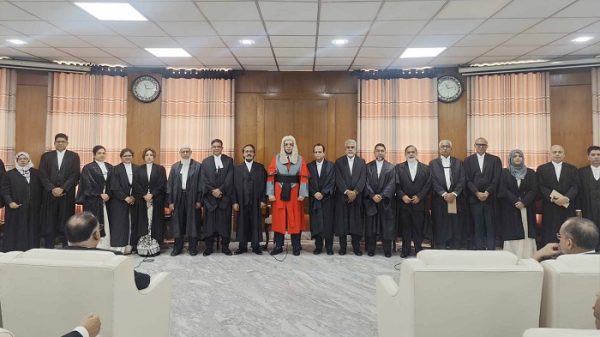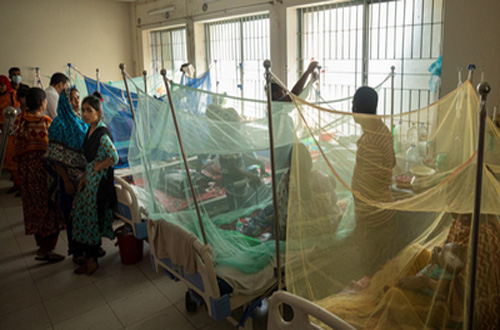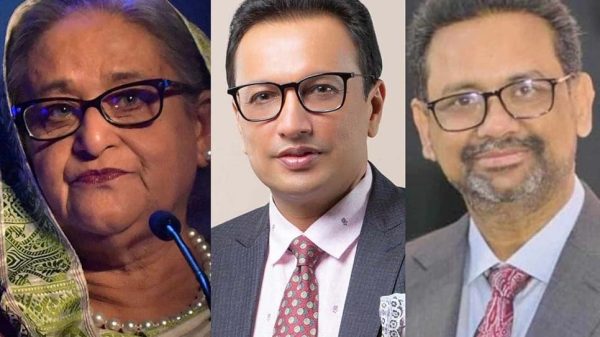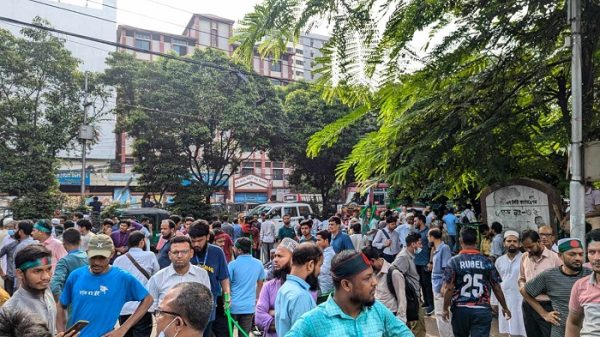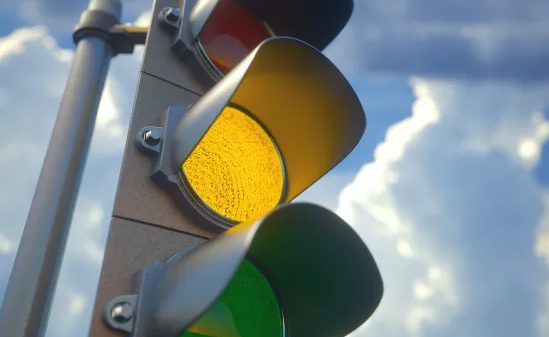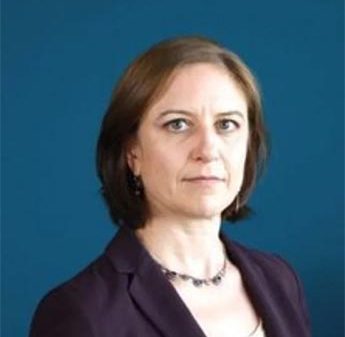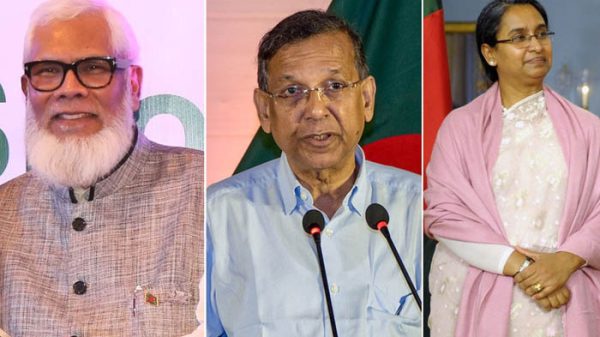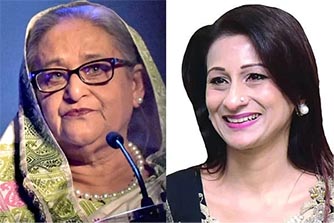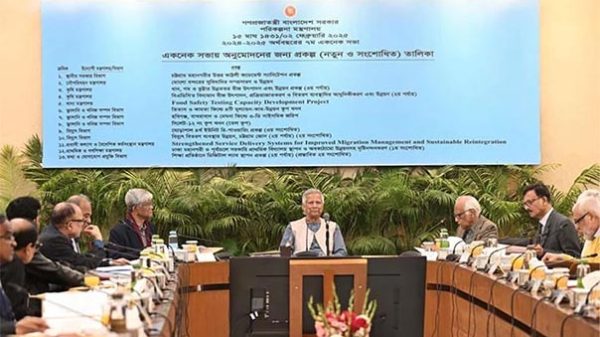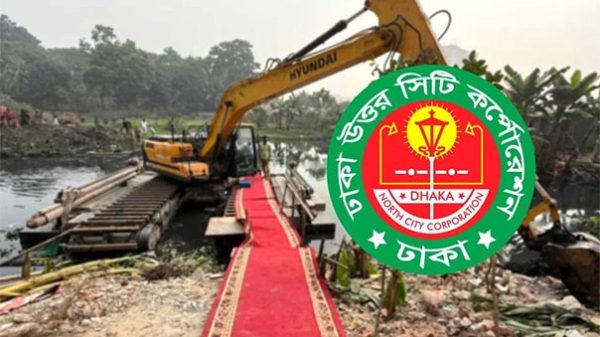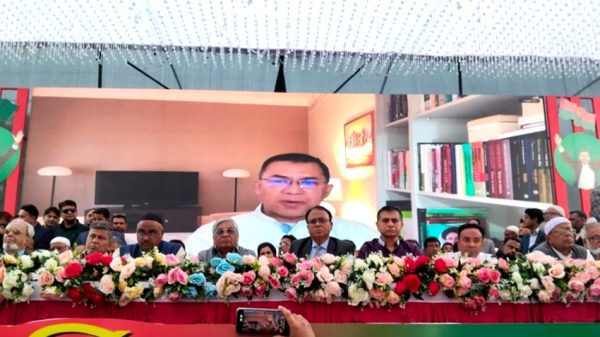How does ‘FreeWater’ work?

- Update Time : Thursday, 18 January, 2024, 08:09 pm
- 194 Time View
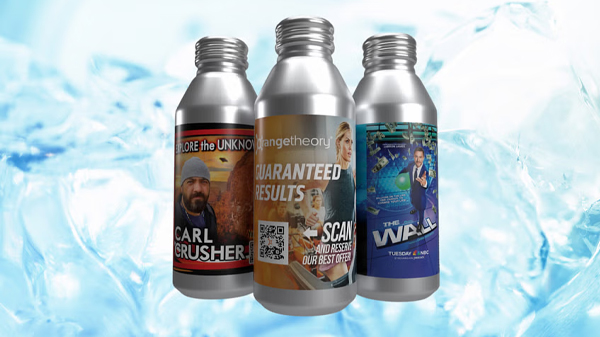
Online Desk: Chances are, you have come across several local Facebook pages advertising free bottled water, with the condition that companies can place ads on the bottle. While these initiatives, intended to provide clean, safe drinking water to the general public for free of cost, offer a brand new market for local companies and advertisers in Bangladesh, this business model has already existed in other countries, particularly in the US, propelled by a company named ‘FreeWater’.
What is FreeWater, and how does it operate? Let’s take a look at this Texas-based beverage company and how it created a unique business model that is currently inspiring new Bangladeshi startups to adopt something similar.
What is FreeWater?
Founded in 2020 in Austin, Texas, United States, FreeWater claims to be the world’s first ‘free beverage company’, providing natural spring water to people for free of cost. The free cost is possible because of the packaging being an advertising space, where advertisers can place visual or QR-code based advertisements targeted to the consumers. The packaging, which can come in either aluminium bottles or paper cartons, is BPA-free and, as per FreeWater, completely safe to drink.
Additionally, as per the company’s website, ten cents from each FreeWater beverage is donated to WellAware, a non-profit building water wells in East Africa. As such, FreeWater aims to address the global water crisis through an approach that combines affordability, sustainability, and philanthropy.
Why aluminium and paper packaging?
FreeWater acknowledges that neither aluminium bottles nor paper cartons are the perfect solutions to bottled water, but both offer a more environmentally friendly substitute to plastic bottles. Aluminium is infinitely recyclable, and recycling it requires less energy compared to producing new aluminium. Paper cartons, made from renewable resources, are biodegradable and contribute to reduced plastic pollution.
On their website, FreeWater says that their long-term goal is to “cultivate, manufacture, fill, distribute, and recycle all their beverages in 100% hemp cartons from the same location”, which in the long run will be a greener solution to both aluminium and paper.
How the advertising works
FreeWater’s physical packaging serves as a platform for advertisers to engage consumers through QR codes. These codes enable users to access a variety of benefits, including collecting coupons, watching videos, ordering food, taking surveys, or downloading software. Some QR codes come with AR (augmented reality) effects as well for more interactive advertising.
FreeWater claims that unlike traditional advertising channels that may annoy or harass their audience, their approach is wholly positive: bring joy to consumers by offering cost-cutting water, thus contributing to life-saving initiatives and promoting environmental sustainability. The company also states that their platform receives 10 times the impressions compared to direct mails, making them more lucrative to advertisers.
A twist on capitalism?
In a press release from 2022, Josh Cliffords, founder of FreeWater, stated that his company’s product simplifies charitable contributions, to the level of saving money on groceries. The same source reveals that in 2022, the company initiated the funding of two water projects in Kenya by distributing free spring water in the United States.
Cliffords, in the press release, highlighted the unique approach of his startup, describing it as a twist on capitalism, because FreeWater distribute goods with a negative price point that remains profitable. The model aids brands in reaching their target audience, offers consumers access to high-quality goods at no cost, and allocates funds for charitable donations to address global issues, all without utilising taxpayer money.
According to the release, the company also plans to introduce free vending machines, further enhancing their distribution model down the line.

